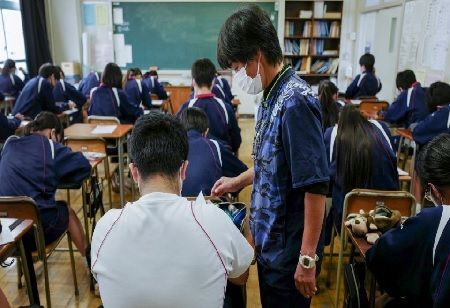- 20% of Japanese university students don’t regularly read books, newspapers, or magazines
- Non-readers scored 39% vs. 56% for readers on comprehension tests
- Note-takers outperformed non-note-takers (57% vs. 32%) in reading and logic skills
A new survey led Prof. Kuniyoshi Sakai of the University of Tokyo, an expert in the neuroscience of language, has revealed concerning trends in the reading and writing habits of Japanese university students.
The study, conducted between March and August with responses from 1,062 undergraduate, graduate, and junior college students aged 18–29, found that:
- 1 in 10 students do not take notes during lectures.
- 2 in 10 students do not regularly read books, newspapers, or magazines.
Also Read- UOWD Joins Hands With Andersen To Launch Job Shadowing And Mentorship
Students who skipped note-taking or read infrequently scored significantly lower on reading comprehension tests. The researchers warned that this represents a serious issue rooted in students’ daily routines.
Among the findings:
- 107 respondents admitted to not taking notes at all, whether by hand or digitally.
- 185 students recorded nearly everything, while 770 took selective notes only when key points stood out.
On the Japanese Proficiency Test in Reading and Writing (Grade Pre-2), note-takers scored an average of 57%, compared to just 32% for non-note-takers a level indicating minimal understanding of texts and diagrams.
Regular readers scored 56%, while non-readers managed only 39%.
Reading time also differed: students who read physical books averaged 40 minutes per day, while those primarily reading social media or blogs reported about 60 minutes daily.
“The survey clearly shows that daily habits such as note-taking and reading are strongly linked to comprehension and logical thinking skills”, said Prof. Sakai. He added that the rapid rise of digital devices may be eroding traditional habits of handwriting and reading, posing long-term risks for learning.

